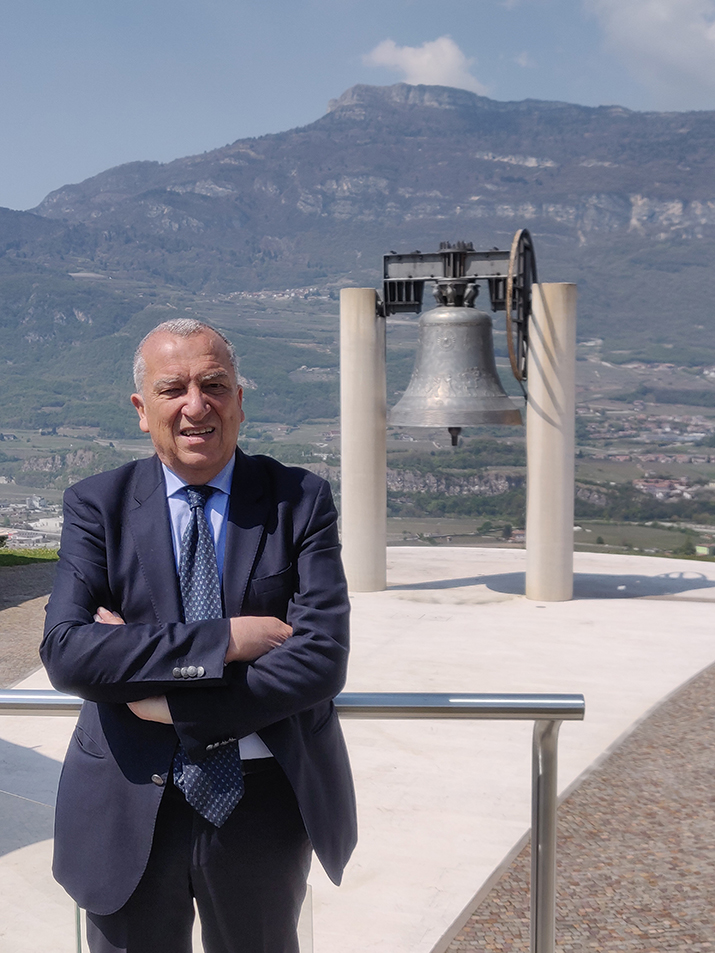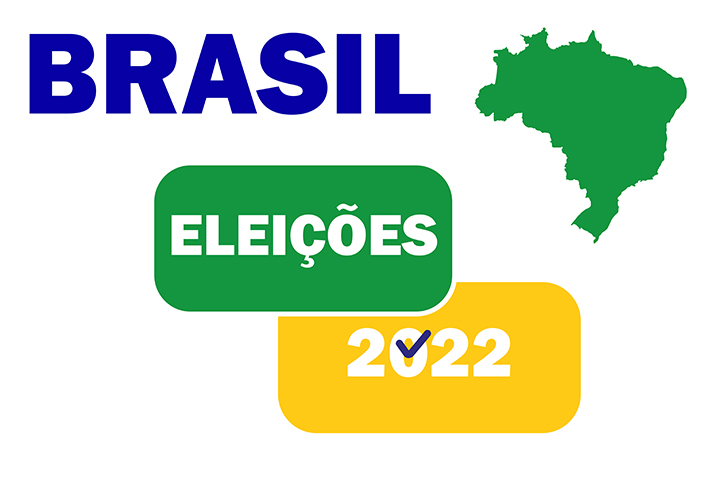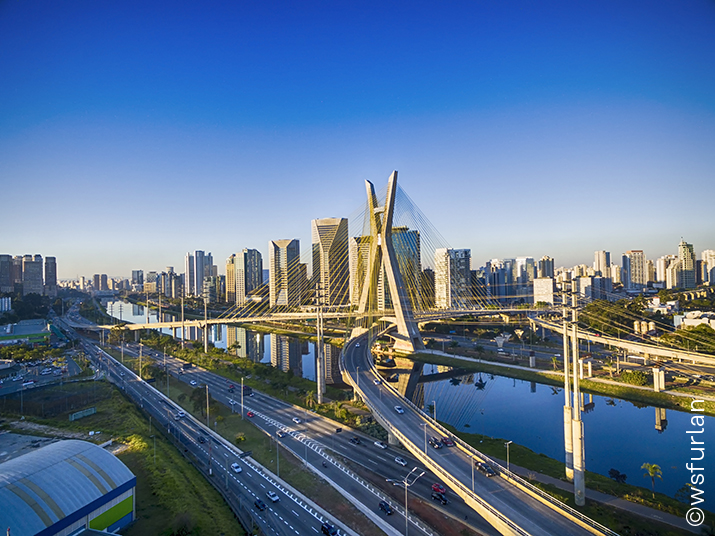PRESIDENTIAL ELECTIONS IN BRAZIL
On 2 October, exactly one week after the vote in Italy, Brazilian voters (eligible voters are estimated at around 150 million) went to the polls to elect their 39th President. At first glance, the juxtaposition between the two dates might seem forced, or even irrelevant, since they are in fact two different systems, the Italian parliamentary and the Brazilian presidential where the system aims to directly designate a new Head of State.
Yet, there is a link and it is represented by the fact that Brazil, historically one of the main destinations for emigration from the Peninsula, has regularly contributed, from 2006 to today, to the structure of our parliament. It was in that year in fact that law 459/2001 was first applied which allowed Italians and their descendants residing abroad the right to vote in political elections and referendums in the presence of certain conditions. Since the 15th Legislature, inaugurated in 2006, the seats of Montecitorio (Chamber of Deputies) and Palazzo Madama (Senate of the Republic) have thus, from time to time, welcomed at least one elected member resident in the largest state of South America.
But, having finished the digression, let us return to the main theme, the election of the new occupant of the Planalto, the equivalent of the Italian Quirinale. In addition to minor candidates with no chance of success there are two "main" contenders, very different from each other, competing not only for political positions but also due to personal history.
The "challenger" is Luiz Inácio Lula da Silva, 76, former President for two terms (from 2003 to 2011), who subsequently ran into a legal case for embezzlement and corruption with boundaries never fully clarified, where for 18 months (from April 2018 to November 2019) he was placed behind bars, later being cleared of the charges and "rehabilitated".
Lula was a metalworker and trade unionist before entering politics in positions of increasing responsibility until becoming leader of the largest left force in the country, the Workers' Party (PT).
He was a convinced supporter of the need for wide openings in the economic and social field in favour of the less affluent classes of the Brazilian population, in particular the working class, peasants and indigenous communities which, in many cases were well below the threshold of material survival. And as so, in the years of activity in Brasilia as Head of State he promoted extensive programs to support them, in particular the so-called Bolsa Família, which made all basic food available to less well-off families free of charge. These measures had allowed him, especially during his first mandate, to reach extraordinarily high popularity ratings, such as to even hypothesize a candidacy for Secretary General of the United Nations.
The "defender" is Jair Bolsonaro, ex-military (army captain), leader of the populist and nostalgic right, elected in 2018 (in the absence of Lula who was at that time detained) also in response to a "Pt" government which, in previous years, had led the country to a marked decline in the economic field as well as to a very strong social polarization (which remained so even after the change of government).
He is referred to by opponents as "the Trump of the Tropics", both for the tendency towards over-the-top behaviour and - a decidedly more serious circumstance - for the obstinacy to often and willingly deny evidence of the facts (it is enough to recall the protracted denial and subsequent unsuccessful management of the Covid-19 pandemic, with a tragic death toll of 700,000). For reconfirmation of his position, he can count on three important constituencies. They are the military, from which he hails, the Evangelical Church (increasingly rich and influential in the local scene, a quarter of the members of congress are openly part of it) and, finally, the composite agropecuary lobby (also encompassing gold prospectors, timber traders and agricultural speculators) in favour of continuing deforestation policies in the Amazon. The latter, in spite of the vibrant protests also of international public opinion, have intensified under his mandate, and at a rapid pace. As an example, experts calculate that in just one month of 2022, deforestation affected an area equivalent to that of the city of Sao Paulo, where approximately 15 million people live.
Returning to Lula, in an attempt to "intercept" at least a part of the moderate vote and to attract consensus also from industrial and financial circles, certainly not in favour of him, the former trade unionist seems to have attenuated the more extremist positions in the course of his campaign. He has supported some "centrist" political groups alongside the PT and chose the former governor of San Paolo, Geraldo Alckmin, who is among the most authoritative exponents of these movements as his deputy.
In the international arena, as a reaction to Bolsonaro's substantial immobility which is more concentrated on internal issues, Lula has become the interpreter of two distinct proposals. The first goes in the sense of enhancing the presence of Brazil among the BRICS (Brazil, Russia, India, China and South Africa), regaining that leading role that has been decidedly receding in recent years. The second concerns the establishment of a "South American currency", shared among the members of the Continent, to be used primarily for financial and commercial transactions, thus putting an end to the "dictatorship" of the US currency which, at the moment, has the advantage of an apparently unassailable position.
Election forecasts are unanimous in assigning the "challenger" a still substantial advantage, even in the face of an undeniable phenomenon of recovery of support for the current President. Bolsonaro has evidently benefited from favourable economic indicators (among which is the positive trend of agricultural harvests and substantial control over unemployment and inflation levels) as well as the adoption of “spot” measures (such as the de-taxation of petrol) which have long been claimed by the population.
In these circumstances, analysts believe it is unlikely that one of the two candidates will reach the threshold of 50 per cent of the votes in the first round and the need for a second round is taken for granted. In fact, it has already been set for October 30th. For both events, Brazil may use an electronic voting system, as fast as it is reliable, which makes it possible to know the results of the polls in a very short time. The fact that President Bolsonaro - also in this case using an expedient already used by Trump - has in recent statements questioned the impartiality of the system, may be indicative of his fear of never recovering his current advantage.
By the time this issue of "The Voice of Maria Dolens" is available to our readers, we will know, as everything seems to indicate, if the name of the new President of Brazil will not be known until the end of October. The extent of Lula's success on 2 October (a fact that does not seem controversial) will certainly constitute an important objective factor regarding the balance of power between the two contenders. Furthermore, due to the inevitable repositioning of candidates and eliminated parties in the first round it will not be possible to predict the final outcome of the elections and consequently the name of the 39th Brazilian President.
Reggente Marco Marsilli, Foundation President









